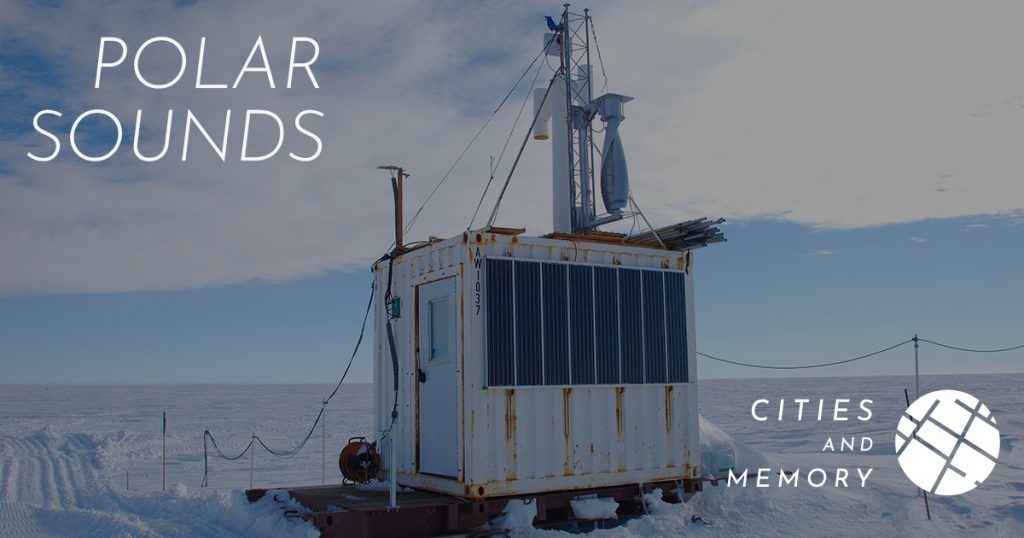PureH track “Polynya” on Cities and Memory Polar Sounds project

Polar Sounds is a collaboration between Cities and Memory, the Helmholtz Institute for Functional Marine Biodiversity (HIFMB) and the Alfred Wegener Institute, Helmholtz Centre for Polar and Marine Research (AWI).
In times of global warming, the risk of melting ice poses a multitude of threats from sea-level rise to reduced albedo. Large parts of the oldest ice have already disappeared, and what remains is found in one of the thickest and oldest areas of the Arctic known as the “Last Ice Area” — considered to be the last source of ice in a rapidly warming Arctic. The last Arctic ice is proving vulnerable to the rapid warming occurring in the northern latitudes and monitoring the ice cover has found some new, troubling signs of continued changes taking place in the polar region: thinning of the Arctic ice, which could accelerate the formation of polynyas, pools of open water surrounded by sea ice.
In the future, polynyas may occur more frequently as the last Arctic ice melts. In the short term, these open areas can be oases of life: sunlight hits the ocean water, allowing for more algae photosynthesis, which attracts fish. But this burst of life is only temporary – in the long term, as the ice melts and moves offshore and species like walruses and seabirds lose access to it, we lose that benefit and eventually, it gets so warm that species can’t survive anymore.
The composition “Polynya (Arctic Unidentified)” starts out fairly quiet with the layered sound of ice cracking, fracturing and melting, then builds into a slowly progressing soundscape that draws the listener deep into the Arctic environment, to the formation of large polynyas and otherworldly screams of unidentified extinct species at the end.
